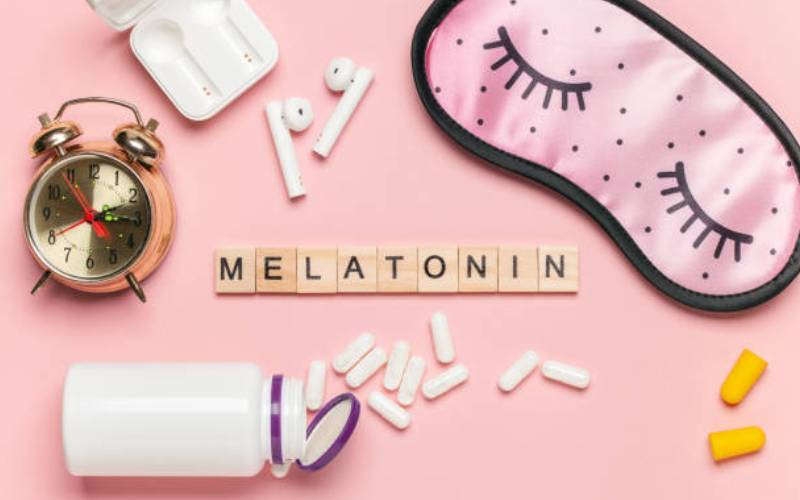×
The Standard e-Paper
Stay Informed, Even Offline

Sleeping well is crucial for your health, as your body repairs and restores itself during those precious hours. But falling asleep quickly isn't something everyone experiences.
Insufficient or poor-quality sleep has been linked to various chronic conditions affecting the cardiovascular, nervous and immune systems, as well as disrupting metabolic functions. Moreover, sleep deprivation often leads to noticeable moodiness and irritability.